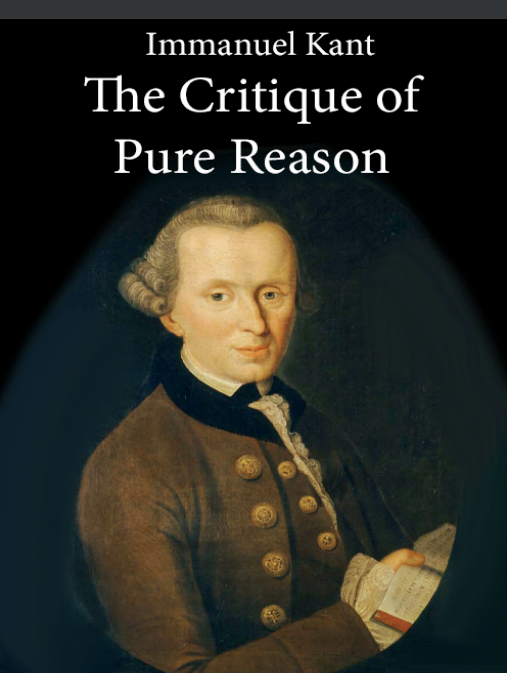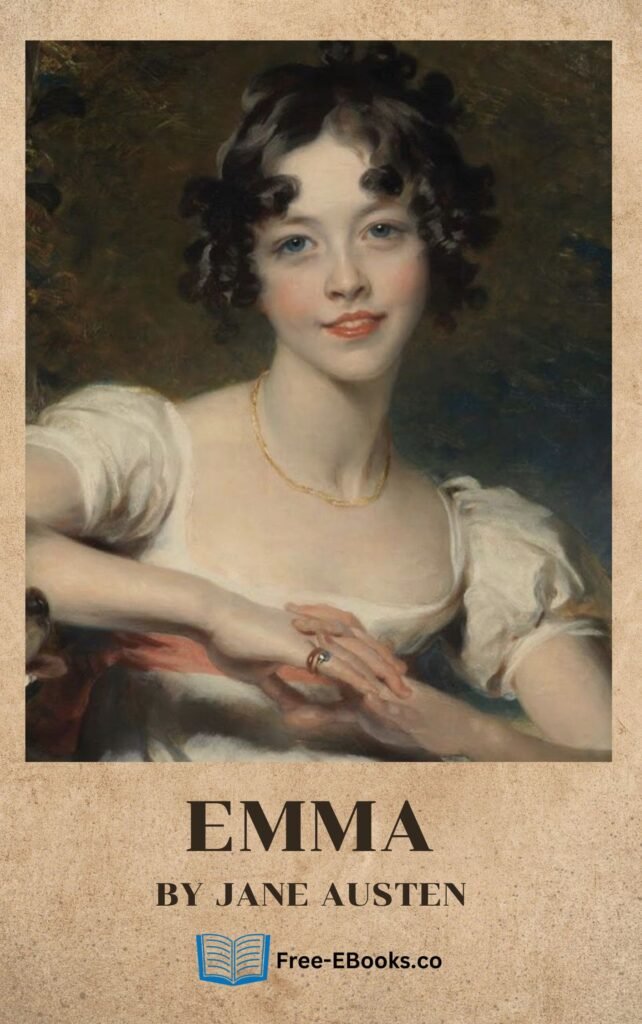
Immanuel Kant’s The Critique of Pure Reason is a landmark work in philosophy, written in the late 18th century, that explores the boundaries and capacities of human knowledge. In this profound examination, Kant investigates metaphysics and introduces the pivotal distinction between a priori knowledge (independent of experience) and a posteriori knowledge (derived from experience).
At the outset, Kant lays out his bold project: to critically assess the powers and limits of human reason itself. He asserts that while knowledge begins with experience, certain fundamental concepts and judgments arise independently of it. By highlighting the role of pure a priori knowledge, Kant demonstrates how humans form universal and necessary judgments, laying the groundwork for a new approach to metaphysics. Instead of speculative assertions, this new methodology scrutinizes the very structure of reason, establishing a rigorous epistemological framework for understanding the nature of reality and knowledge.
- Pages: 561
- Published: 1781
- Author: Immanuel Kant
Mae West Quote
"You only live once, but if you do it right, once is enough."
Mae West




